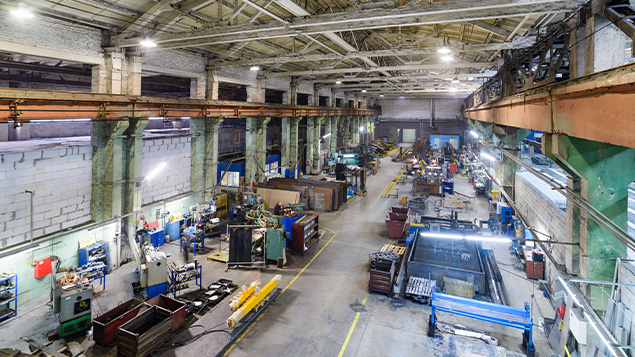232 Steel and Aluminum Tariff Exclusion Process Updates

In this video from The Franklin Partnership, Omar Nashashibi shares a preview of what the new steel and aluminum tariff exclusion process could look like – thanks to an announcement by the U.S. Department of Commerce issued on August 28th, 2023.
Brief Backgrounder
Several years ago, the Trump Administration imposed a 25% tariff on imported steel and 10% on aluminum, tariffs that remain in place today on steel from around the world, except for imports from countries with which the U.S. has reached an agreement under the 232 tariffs.
The United States has alternative arrangements with several countries, including Argentina, Australia, Brazil, Canada, the European Union, Japan, Mexico, South Korea, and the United Kingdom. Steel and aluminum imports from everywhere else face a tariff.
The exclusion process, which is still open and operating, allows a company to petition the Commerce Department for relief from paying the 25% or 10% tariffs if the Department agrees that the importer cannot find a domestic source. This is a different exclusion process than the one run by the U.S. Trade Representative for Chinese imports. The steel and aluminum tariff exclusions only apply to the company granted the exclusion, whereas under the China 301 tariffs, if USTR grants an exclusion for one company, it applies product category wide – meaning any importer can benefit by not paying the tariffs.
Preview released in August of 2023
On August 28th, 2023, the U.S. Department of Commerce issued a request for public comment on their proposed revision of the exclusion process for the steel and aluminum tariffs under Section 232.
Four changes under consideration
- When a company requests an exclusion, they will have to demonstrate that they made reasonable efforts to source their product from the United States or from countries which the U.S. has an alternative 232 agreement – those countries mentioned earlier.
- Commerce also proposes similar certification language on the objection form filed by a steel or aluminum producer. They would have to demonstrate that they can supply comparable quality and quantity of steel or aluminum and make it “immediately available” to requestors. They do define immediately available as within 8 weeks.
- Regarding the General Approved Exclusions (GAE) process, The Commerce Department will focus on the substance of objections, rather than just the volume of objections filed.
- A “General Denied Exclusions” (GDE) process will be created. This would effectively automatically deny any exclusion request for products listed on the GDE, as Commerce would consider the product to be manufactured in the United States.
Need help understanding the economic impact on your business? Contact CLA.
Jennifer Clement is an executive sales and marketing leader specializing in value creation for the C-suite. In her current role at CLA, Jennifer collaborates on strategy with executives of global manufacturing and distribution companies to accelerate results. Previously Jennifer served as a Global Business Acceleration Leader for Complete Manufacturing and Distribution (CMD). During her time with CMD, Jennifer lived and worked in Asia from 2015-2019. Prior to CMD, she spent 10 years in senior care technology. Jennifer started her career at Johnson Controls (JCI) and spent nine years in leadership roles; followed by five years at Rockwell Automation (ROK) leading c-suite strategy and marketing operations.

Comments are closed.